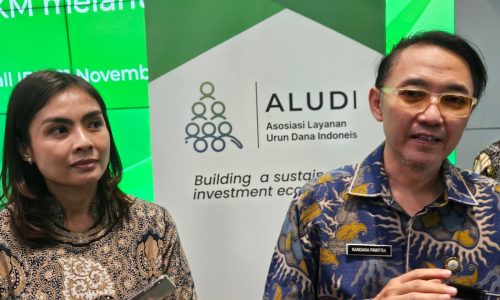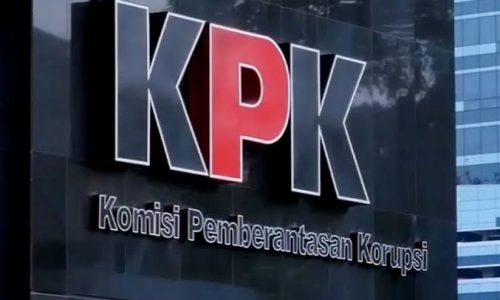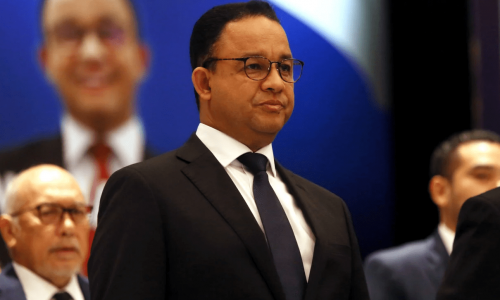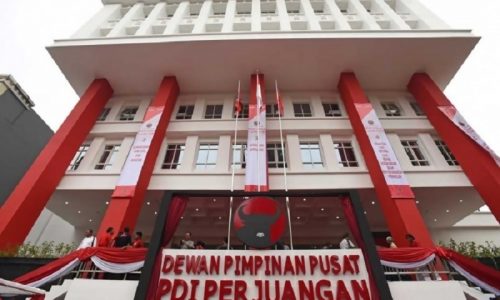President Prabowo Subianto has set a target for Indonesia to achieve national food self-sufficiency within his five-year administration, aiming for completion by 2028.
Coordinating Minister for Food Affairs, Zulkifli Hasan, outlined several key commodities that the government is focusing on, which include rice, corn, sugarcane, sugar, onions, coffee, and soybeans.
“We’re also looking at cocoa, as it’s one of our leading products, yet we import a lot of cocoa,” Zulkifli said on Wednesday, October 30, 2024.
He emphasized that achieving food self-sufficiency requires substantial authority and budget coordination.
“This needs a unified and collaborative approach, especially regarding budget allocation,” he said.
In 2024, the budget for national food security is set at Rp139.4 trillion (US$8.9 billion), spread across multiple ministries, agencies, and institutions, including the Ministry of Agriculture, the Ministry of Marine Affairs and Fisheries, the Ministry of Public Works, the National Research and Innovation Agency (BRIN), state-owned fertilizer company PT Pupuk Indonesia, local governments, and village funds.
President Prabowo has expressed confidence in his administration’s ability to realize national food self-sufficiency, even envisioning Indonesia as a global food hub.
He reiterated his commitment during his inaugural address at the People’s Consultative Assembly (MPR) Plenary Session on Sunday, October 20, 2024, highlighting that food self-sufficiency is essential to reducing dependence on imports.
Prabowo emphasized the importance of food security, especially in the face of potential global crises where countries may halt exports to prioritize domestic needs.
“We cannot depend on external food sources,” he asserted, stressing that national resilience is crucial in uncertain times, marked by crises and rising geopolitical tensions.
“In crisis, no one will allow their goods to be sold to us. Therefore, achieving food security is not only a national priority but an urgent necessity,” he concluded.









